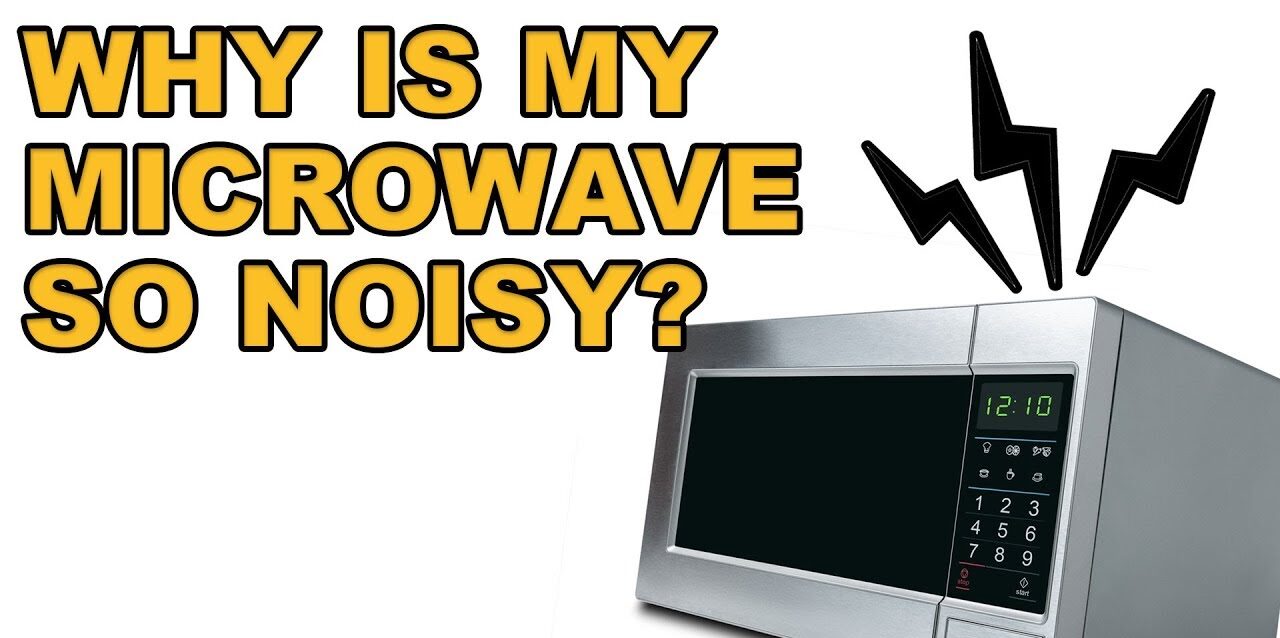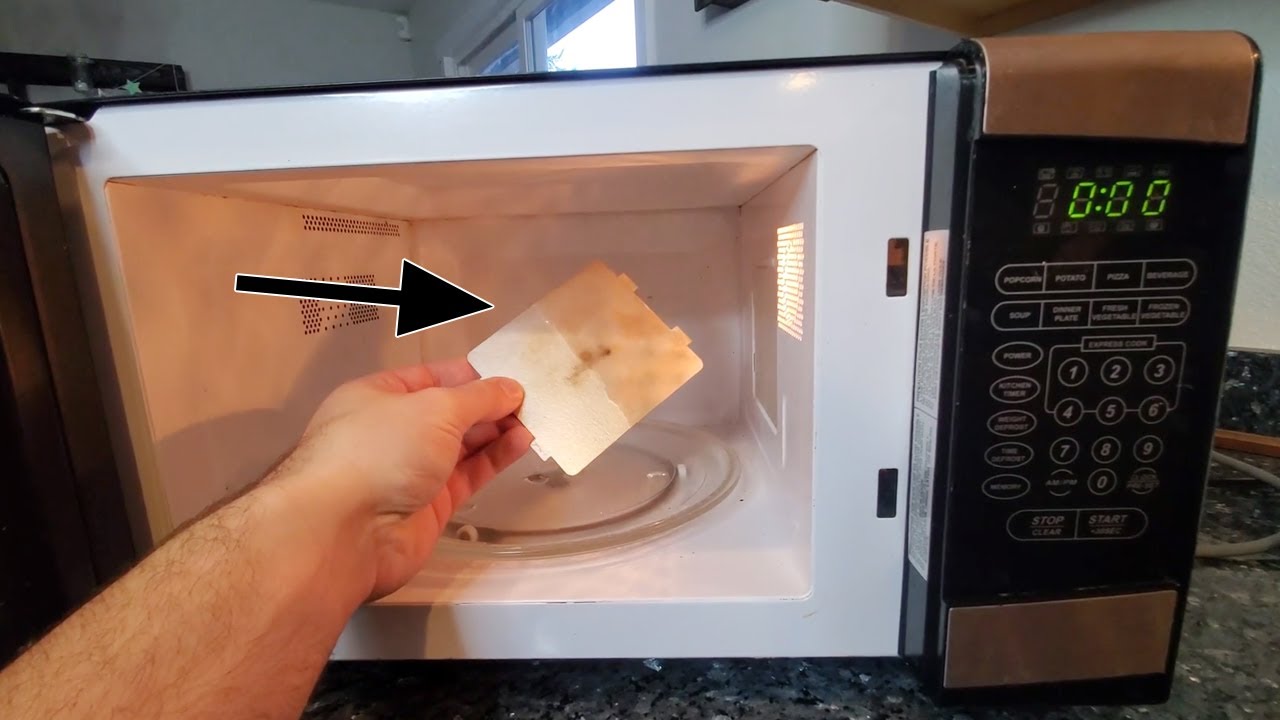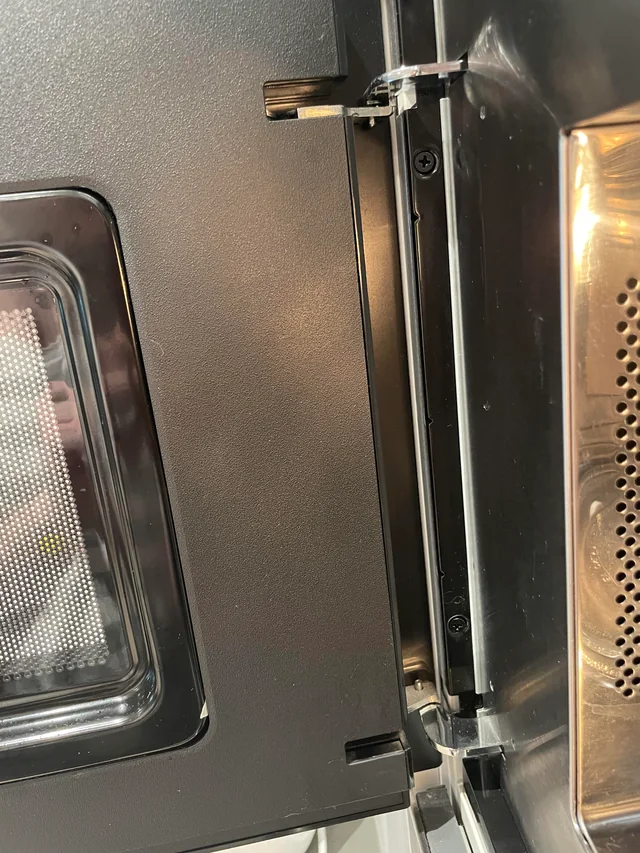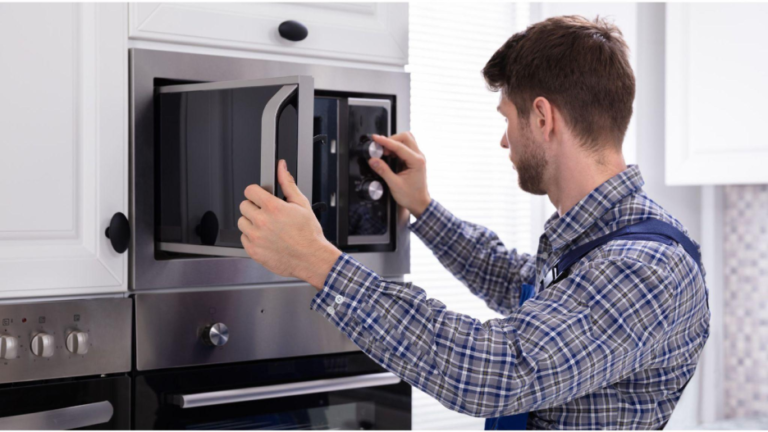Microwaves have become an essential appliance in modern kitchens, offering quick and convenient cooking. However, like any piece of technology, they can develop issues over time. Recognizing the warning signs early can save you from costly replacements, ensure your safety, and keep your kitchen running smoothly. Here are the key indicators that your microwave might need professional repair.
1. Unusual Noises

Microwaves normally produce a steady, low hum during operation. If you start hearing loud buzzing, grinding, or clanking sounds, it could signal a problem with the magnetron, turntable motor, or high-voltage components. These noises are often a sign of internal mechanical failure that requires immediate attention from a technician.
2. Uneven Heating
If your food comes out with cold spots or certain areas overheating, your microwave might have a failing magnetron, faulty stirrer fan, or malfunctioning turntable. Uneven heating not only affects food quality but could indicate deeper electrical or mechanical issues.
3. Sparks or Burning Smell

Seeing sparks (arcing) inside the microwave or smelling burning plastic or metal is a red flag. This can be caused by damaged waveguide covers, faulty wiring, or metal fragments inside the cavity. Continuing to use the microwave in this condition is dangerous and could lead to fire hazards.
4. Door Seal Problems

A microwave’s door and seal are critical for containing radiation. If the door does not close properly, appears damaged, or you notice cracks in the seal, stop using it immediately. A compromised seal can leak harmful microwave energy, making professional repair essential.
5. Control Panel Malfunctions
If the buttons do not respond, display incorrect readings, or the settings change unexpectedly, the control board or keypad may be failing. Since microwaves rely on precise timing and power control, malfunctioning electronics can lead to poor cooking results or safety risks.
6. Excessive Cooking Time
When you notice that your microwave is taking significantly longer to heat food than before, it may be losing power efficiency due to a weakening magnetron or power supply issues. These components require specialized replacement and calibration.
7. Strange Smells from the Appliance
Persistent odors, especially burnt smells after multiple uses, may indicate food residue inside electrical components, burned wiring, or overheated parts. This should not be ignored, as it could escalate into electrical damage or fire.
Why Professional Repair Matters
Microwaves operate at high voltages even when unplugged, making them dangerous for untrained individuals to repair. Professional technicians have the tools, knowledge, and safety protocols to diagnose and fix issues without risking injury or further damage to the appliance.
Conclusion
Your microwave is a valuable time-saving device, but it’s not immune to wear and tear. Paying attention to unusual noises, heating problems, smells, or mechanical issues can help you act quickly before a small fault becomes a costly or dangerous problem. When in doubt, consult a certified technician rather than attempting DIY fixes. With timely professional repair, you can extend the life of your microwave and keep your kitchen running efficiently.
